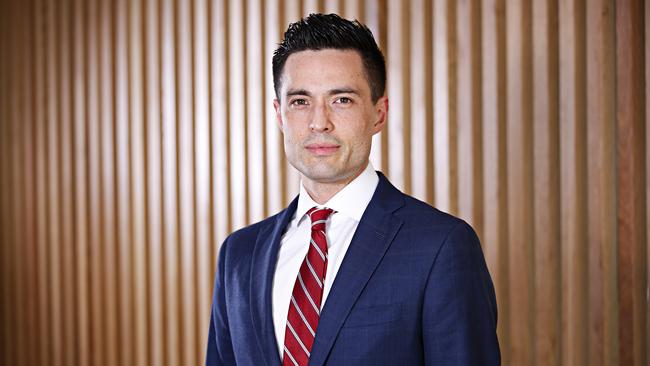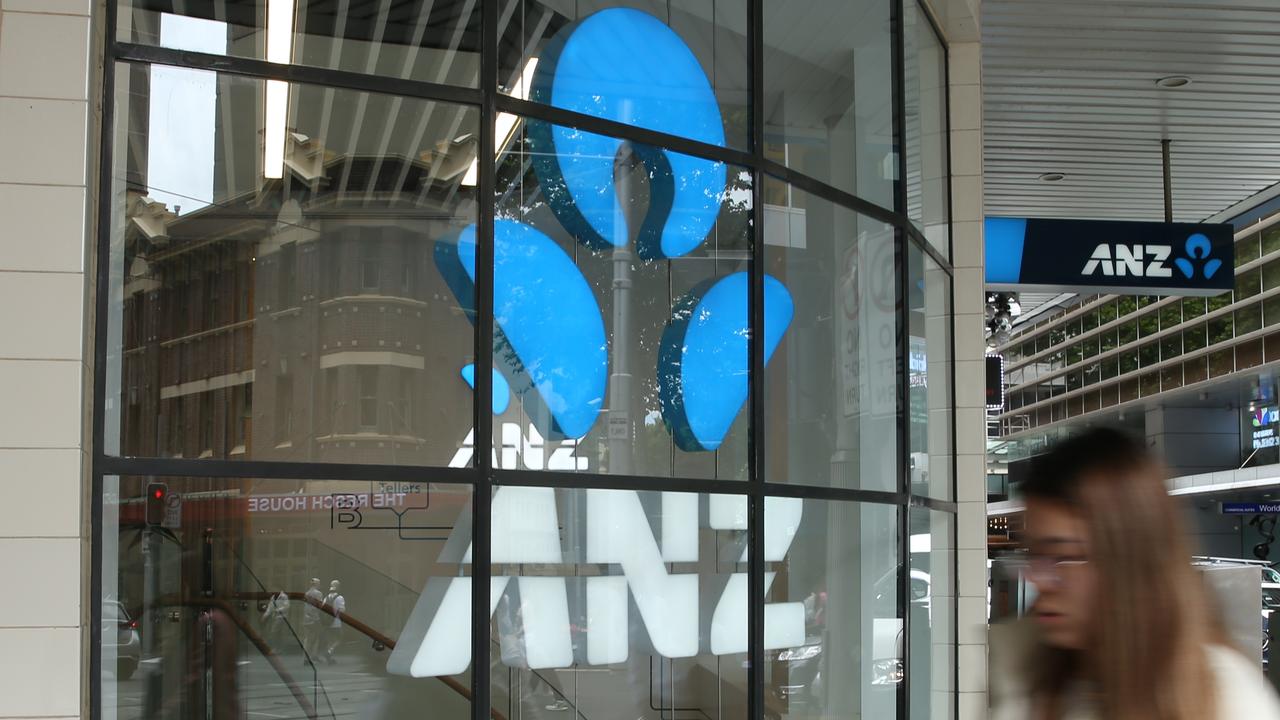Ashurst: ‘It’s time to regulate cryptocurrency assets’
Australia has reached a tipping point requiring regulation of crypto assets, given their risk profile and rapid take-up, legal experts say.

Australia has reached a tipping point where regulation of crypto assets is required, given their risk profile and rapid take-up, Ashurst’s Asia-Pacific banking industry boss Nicholas Mavrakis says.
The Albanese government last week outlined a new crypto reform agenda, beginning in 2022 with consultation and “token mapping”, which is an exercise to closely assess the characteristics and risks linked to various digital tokens. The Australian Taxation Office estimates that more than one million taxpayers have interacted with crypto assets or platforms since 2018.
“If they don’t regulate it and deal with the issue, it may create a shadow-type industry. You’ve got to have regulation and you’ve got to have deterrence,” Mr Mavrakis, who is also a dispute resolution partner, said in an interview.

“Regulation is not without challenges but we are at a tipping point where it is needed. We should be aiming to bring legitimacy to technology that consumers are clearly embracing.
“The mapping exercise will be an interesting exercise and is an important step that the government is taking to understand the risks involved in different crypto assets. By understanding those assets, the government can ensure the regulatory framework is appropriate and commensurate to risks associated with such assets.”
The Australian Securities & Investments Commission has stepped up activities in the crypto sector, with its chairman Joseph Longo warning that the “very significant risks” with the assets concern him. “We will continue to take enforcement action to disrupt and deter harmful products already within ASIC’s jurisdiction,” he said last week.
The regulator is prioritising crypto surveillance. Mr Longo said there had been global collaboration on regulation and he would support the development of an effective framework.
ASIC has said bank transfers were the most common payment method for scams last year, with $129m in losses reported, while crypto scams were accompanied by $99m in reported losses.
Commonwealth Bank, among others, wants to give customers access to a group of cryptocurrencies, but is still working through its plan with ASIC.
Separately, Ashurst is calling for a more consistent and accurate reporting regime on environmental, social and governance targets. Ashurst’s global risk advisory division head, Jamie Ng, believes Britain is about two years ahead of Australia on distributed ledger technology use cases and climate risk reporting.
“On reporting of climate risks, this is particularly so in reporting of risks in sectors such as financial services, driven by (the Task Force on Climate-related Financial Disclosures), and in the built environment sector,” he said.
“Australia does have a need for more specific and accurate ESG reporting. That is, specific to the context or sector, for example sustainable finance or real estate. It also needs to be verifiable and defensible, so that overall companies can confidently ‘say what they mean’ and ‘do what they say’.
“There are measures being taken to better link ESG targets and reporting to remuneration and to make sure it’s really accurate. There needs to be regulation to complement the sentiment and activity that the free markets are demonstrating.”

ESG activism has been a prominent theme in Australia and around the world in recent years. ASIC is also closely monitoring the market for any signs of greenwashing, or false claims relating to a company’s environmental credentials.
Investors and activists are demanding more disclosure on transition paths for companies on lowering their own and customer emissions, in light of economy-wide targets for net zero emissions by 2050. At CBA’s annual meeting next month investors will vote on a motion requisitioned by shareholders on “climate risk safeguarding”. It calls for disclosure of information showing how CBA’s financing won’t be used for new or expanded fossil fuel projects.
Westpac in July joined the United Nations-convened Net-Zero Banking Alliance, the last of the major banks to sign up. It also released a spate of financed emissions targets for 2030.
“The Net Zero Banking Alliance commitments will drive change in how financial institutions disclose targets, set baselines, scenario-plan and conduct reviews consistent with contemporary climate science, which will subsequently impact lending practices,” Mr Ng said. “However, to drive real change it can’t just be about the ambitions of the institution in question. It should put significant focus on, as the Alliance guidelines state, making an impact in the real economy. This requires sector-specific guidance and targets that drive change in the production and flow of goods and services, beyond transactions of money and assets.”
Mr Ng said having a plethora of ESG rating systems created problems and left results open to interpretation.
“This uncertainty is what activists are targeting. Until there is consistent guidance and regulation this ambiguity will remain and rating frameworks scrutiny will continue to increase in volume and impact,” he added.
“ESG ratings often utilise different systems of analysis and rating that are sector or jurisdiction specific, which leads to users applying rating frameworks that might not be relevant or able to provide the users or stakeholders, such as investors, with the ability to make consistent investment decisions.
“Companies are relying upon ESG ratings to support their chosen ESG strategy or products/services, and making disclosures that can’t be verified and aren’t defensible when under the scrutiny offered by an alternate ESG rating framework.”





To join the conversation, please log in. Don't have an account? Register
Join the conversation, you are commenting as Logout